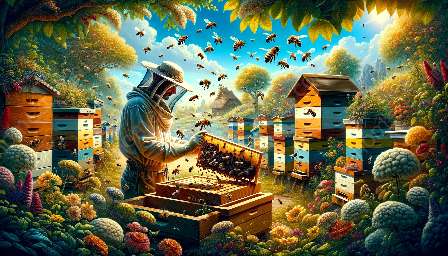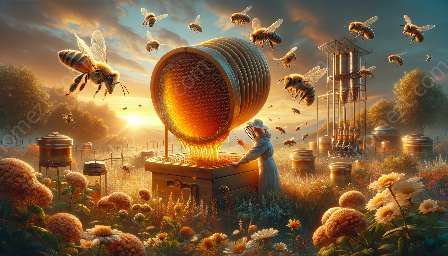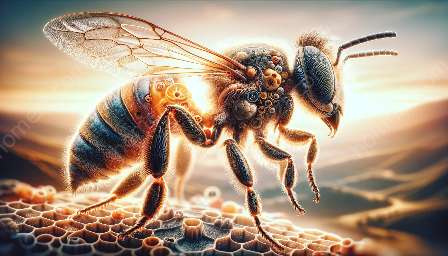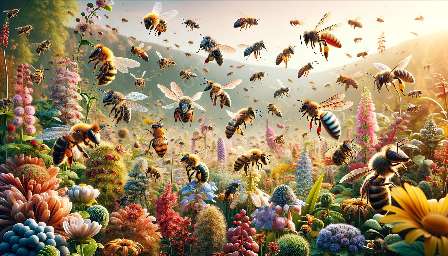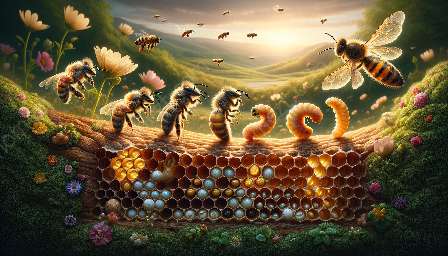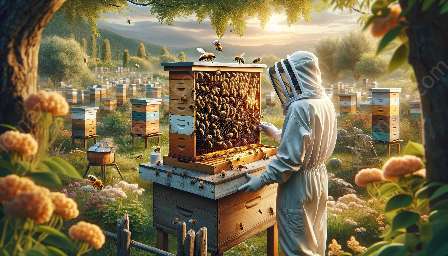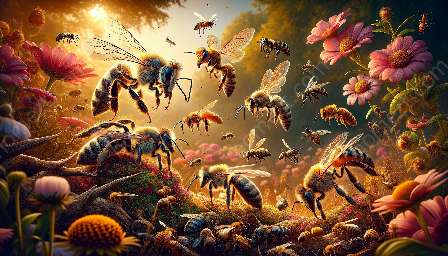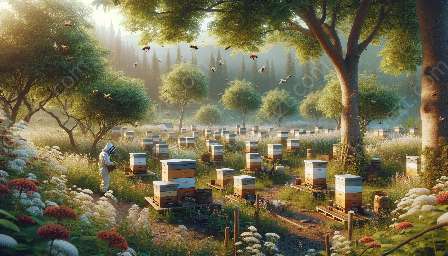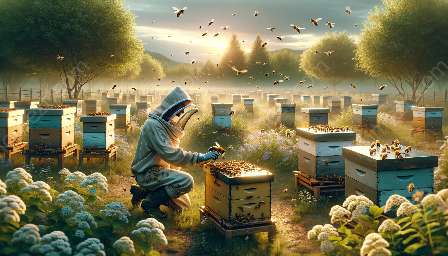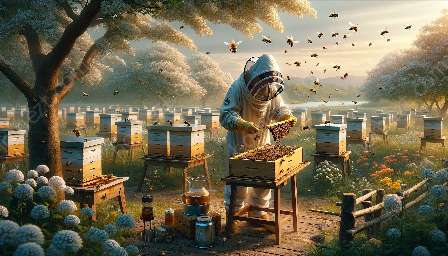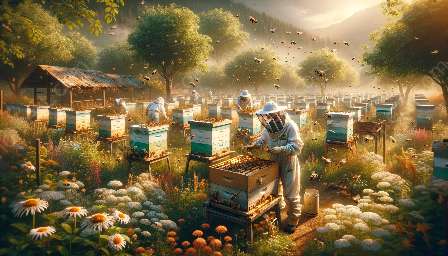In the world of beekeeping, honey extraction is a critical process that requires careful consideration of bees and effective pest control measures. This comprehensive guide will delve into the fascinating world of honey extraction, the vital role of bees, and the importance of pest control. Let's explore these interconnected topics to gain a deeper understanding of sustainable beekeeping practices.
The Importance of Honey Extraction
Honey extraction is the process of removing honey from the honeycomb, making it ready for consumption. This ancient practice not only provides delicious honey for human consumption but also plays a crucial role in maintaining the health and productivity of bee colonies. Proper honey extraction ensures that bees have sufficient space to continue their honey-making process and helps prevent overcrowding within the hive, which can lead to swarming.
The Role of Bees
Bees are essential contributors to ecosystems and agriculture, playing a crucial role in pollination and honey production. Understanding the behavior and needs of bees is fundamental to successful honey extraction. Honeybees collect nectar from flowers and store it in the honeycomb, where it is transformed into honey through the process of regurgitation and evaporation. The intricate social structure within the beehive is a testament to the remarkable collaboration and organization of these tiny creatures.
Pest Control in Beekeeping
Effective pest control is vital for maintaining healthy beehives. Various pests, including mites, beetles, and moths, can endanger bee colonies and disrupt the honey extraction process. Integrated Pest Management (IPM) strategies that minimize the use of chemical pesticides are essential for protecting bees and their environment. Techniques such as using screened bottom boards, removing debris from hives, and employing natural predators of hive pests can help keep bee colonies healthy and thriving.
Extracting Honey Responsibly
When it comes to honey extraction, sustainability and ethical practices are paramount. Beekeepers should prioritize the well-being of their bees and the environment while harvesting honey. Utilizing gentle extraction methods, such as centrifugal force or crush-and-strain techniques, minimizes stress on the bees and preserves the integrity of the comb. Additionally, ensuring that bees have an ample and diverse food supply throughout the year supports their overall health and productivity.
Conclusion
Honey extraction, bees, and pest control are intricately connected aspects of responsible beekeeping. By appreciating the significance of honey extraction, understanding the vital role of bees, and implementing effective pest control measures, beekeepers can contribute to the preservation of these essential pollinators and enjoy the bounty of nature's golden nectar.

